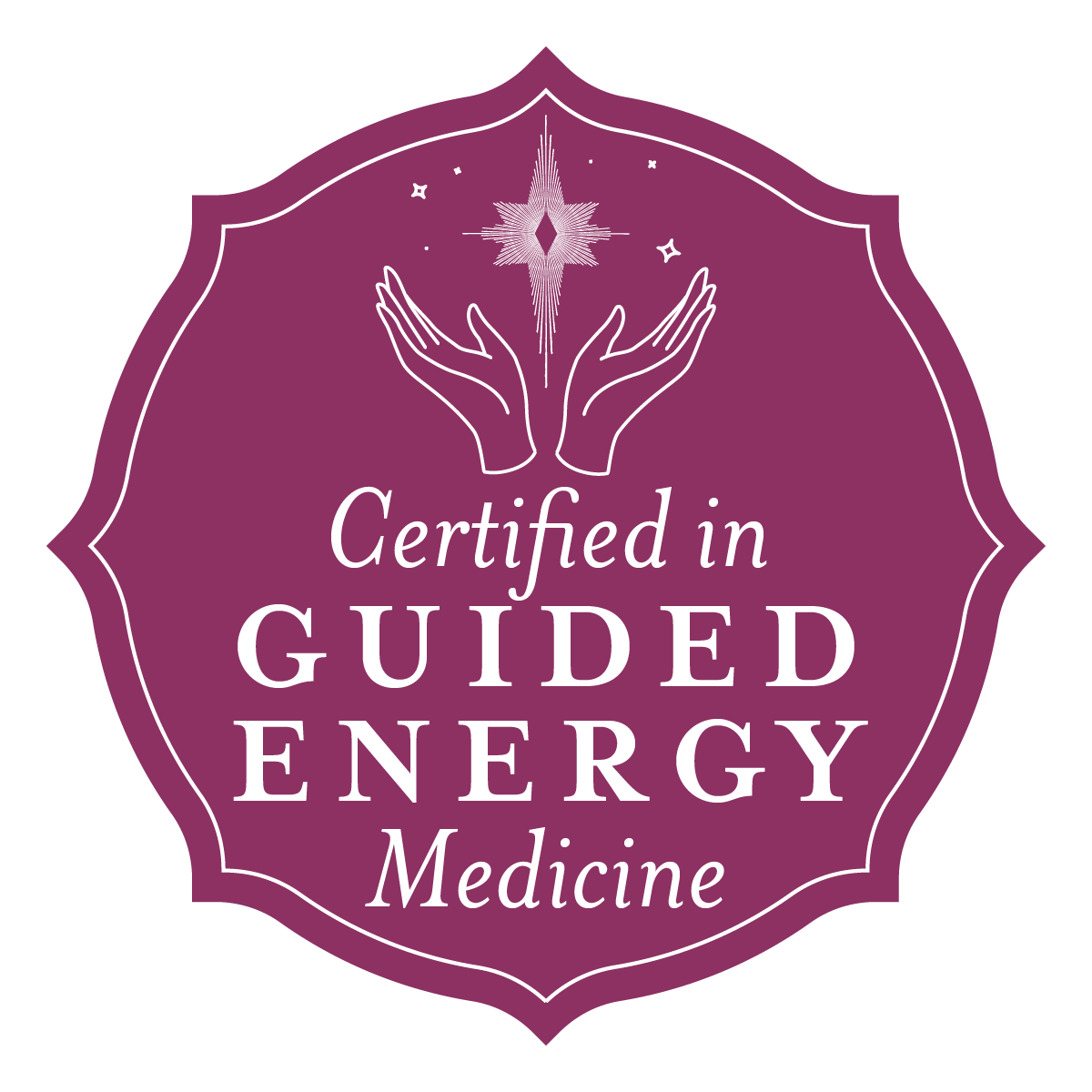Self-confidence is primarily behavior-based and about knowing your abilities, while self-esteem is more mind-based on how you perceive yourself. Self-esteem and self-confidence are not always positively correlated. For example, you can be good at something and trust your skills (self-confidence) but still perceive yourself as a loser (self-esteem). First, let’s explore self-confidence and assess how your self-confidence is.
Self-Confidence
Self-confidence is about trusting your abilities and also trusting your judgment and decisions. People with low self-confidence will judge themselves by their actions or what they are incapable of doing. When you experience low self-confidence, you will likely see the gaps in yourself. Here are some questions that will help you assess your self-confidence (check all that apply to you).
The more answers checked the more opportunity you have to work on your self-confidence. One of the easiest ways to work on self-confidence is to assess your comfort level in accepting compliments from others and correct it. How do you react when someone pays you a compliment or gives positive feedback? Most people who struggle with that will show a lower level of self-confidence.
Correcting this is simple: learn to respond with “Thank You.” Stop making excuses or reasons for it, and simply state thank you. This straightforward response will improve your relationship with others, and most importantly, with yourself. If you can not accept compliments from others, how do you expect to recognize your qualities? Start by showing a different behavior in your external world, and your inner world will positively change.
Another way to build self-confidence is to strengthen your self-esteem and how you perceive yourself. Improve your perception of yourself, and you are less likely to see the gaps in your behaviors.
Self-Esteem
Self-esteem is how we perceive or evaluate our worth and is the ultimate belief we place on ourselves. People with high self-esteem tend to be more comfortable with their true selves and demonstrate more integrity. When we have high self-esteem, we respect our true selves. On the other hand, people with low self-esteem will often stop themselves from doing something or expressing who they are out of fear they will not be accepted and loved for who they are.
Our fear of being judged often leads us to behave in a way that is not aligned with what our heart wants because we want to feel accepted and loved by others. To overcome this fear, you should let go of the need for approval from others slowly. You can do so by taking the time to accept yourself first, and then you can express who you are without feeling like others will judge you.
Let’s evaluate your level of self-esteem; check all that apply to you.
Appreciate Yourself
Appreciating yourself means you approve of who you are and enjoy being by yourself. Make the goal of becoming your best friend. Take some time to hang out with yourself once in a while. It will help you build a level of comfort in being by yourself. Add some self-care during those moments; it will help you increase self-respect.
Be Proud of Your Accomplishments
We’ve all accomplished something in our life. It could be as simple as completing school or getting that job you applied to. Whatever it is, take the time to list the things you’ve accomplished in your life, even if it is as simple as making your bed!
Recognize Your Skills
Every one of us is good at something. If it’s hard for you to identify those skills, ask someone around you to help list a few abilities you have. It can be hard skills like carpentry, drawing, or cooking. It could also be a soft skill like listening, compassion, or empathy.
Learn to Love Your Body
Learning to love our bodies is probably one of the most significant accomplishments we can make in our life. Some studies show that 40% of men and over 90% of women are unhappy with their bodies. That is almost unreal! Loving your body is about self-talk but also about self-respect. Be your best friend and treat your body the way you treat your child or best friend. Be kind, compassionate, and supportive.
Compassion toward ourselves often leads to better self-esteem and higher self-confidence. There is also an aspect of connecting with the self that becomes important.
Connect with Your Authenticity
Authentic people are genuine, real, and mostly in integrity themselves. They do not try to be someone they are not and do not try to please people they don’t know. In some ways, they know they are unique but accept that aspect of themselves. For them, being different is not an issue nor something they strive to be; they are simply themselves.
Authentic people also love doing what they enjoy and don’t try to copy others’ ideas for the sake of success. Their success comes from doing what is in their heart, what drives them, as opposed to what inspires others or the majority.
One of the best ways to connect with your authentic self is to stop comparing yourself to others. When you compare yourself to others, you automatically feed a belief that you should be like others and that being yourself is not enough. This type of thinking limits you from being yourself and making and being okay with it. Most of us often compare ourselves to others because we have the limiting belief that others have it better than us, which can transform into envy or jealousy.
Take a moment to list all the things that make you happy and fulfill a space in your heart:
Now find ways to do more of that. When you do the things you love, you are being authentic and exposing the best version of yourself; that’s why it is fulfilling. Another way to reconnect with your true, authentic self is to rediscover your inner child — the person who didn’t care about what others thought.
Reconnect with Your Inner Child
When you reconnect with your inner child, you also have the opportunity to heal wounds from the past. The top things you can learn from your inner child are the following:
Try to be more like your inner child and awaken that aspect of you that you knew when you were young, but somehow, you’ve disconnected from growing up. Take the time to play again, make mistakes, forgive, and try something else. Don’t be afraid to be vulnerable and do what your heart tells you to do, no matter what others may think. Love yourself and others around you will also learn to love unconditionally again and show compassion to those around you. And most of all, learn to live in the present moment, stop resisting all those emotions and learn to express them more healthily (and not repress).
Tame Your Inner Voice
Self-talk is one of the most powerful forms of communication because it has the power to lift you up or bring you down in a matter of seconds. It is often impressive how we can be mean to ourselves. While most of us would never express hate or diminishing words toward our friends and families, often, we allow ourselves to be our biggest bully.
The first step is to pay attention to your inner chat. Watch for thoughts that cross your mind when you look at yourself in the mirror or if you make a mistake. Be aware that if you practice negative self-talk, this did not happen overnight, and it will require a lot of practice, awareness, and work to get the habit out of you.
Second, identify when you are using a lot of negative self-talk. Is it when you look at yourself in the mirror? When you are out with friends or when you are at work? Once you’ve identified it, make a new affirmation that will replace your negative self-talk.
For example, if you consistently criticize yourself when you are at the gym (ex: that your hips are too big or your belly is not in enough), make a new phrase in your mind to use when you are exercising. It could be that you are proud of yourself for taking the time to take care of your physical body. Be aware of your negative chatter and change it to something more positive.





